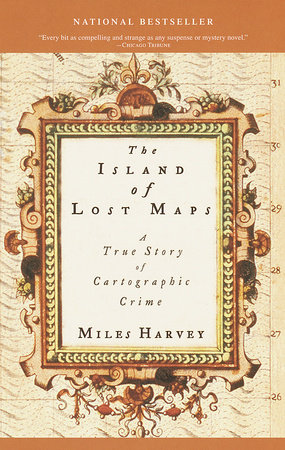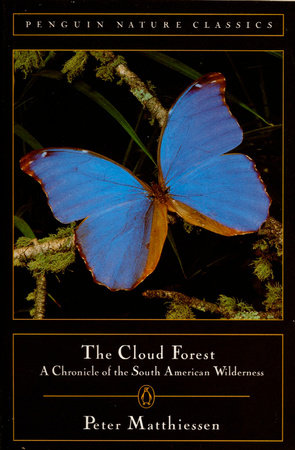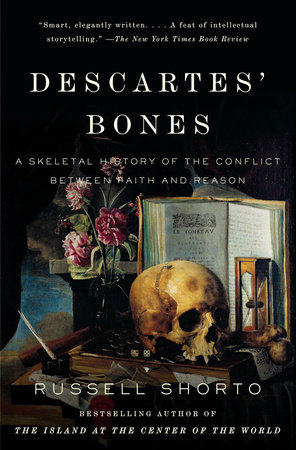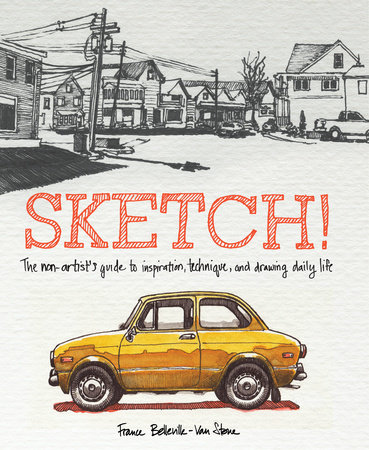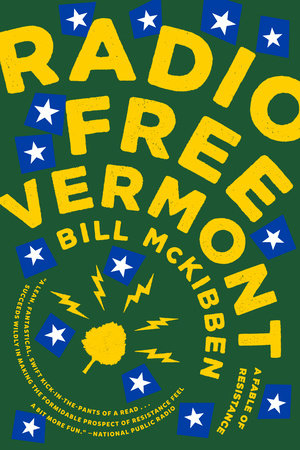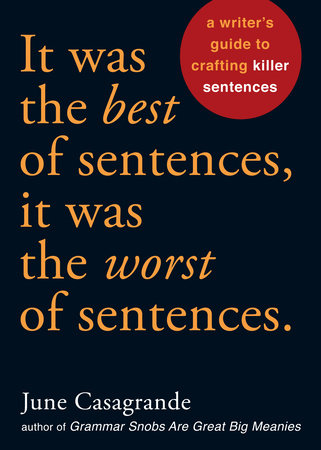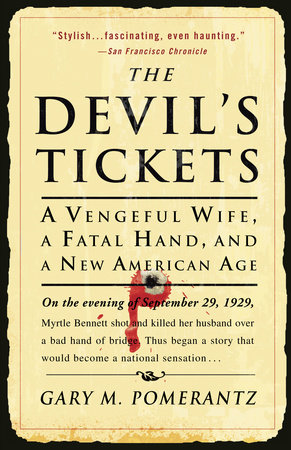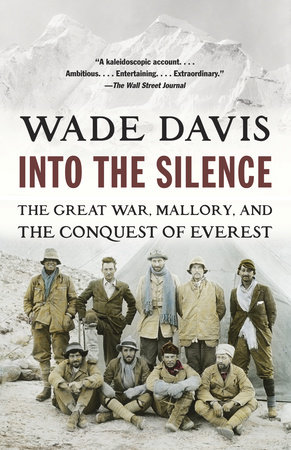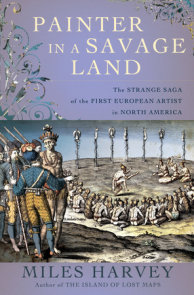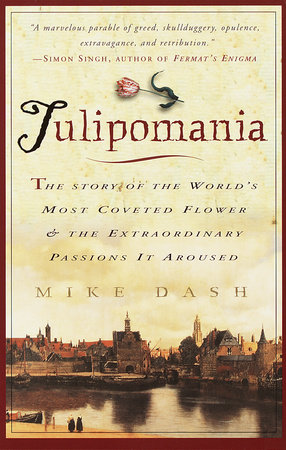Author Q&A
Q: What inspired you to spend four years on the trail of Gilbert Bland, the greatest map thief in American history?
MH: As strange as this may sound, a good part of my fascination with Bland had to do with his steadfast refusal to speak with me. I had to build my profile of him the hard way, visiting crime scenes, interviewing people who knew him, digging through police, court and military records. In the process, it occurred to me that filling in his life was a lot like filling in the blank spaces on a map–and that, like a lot of explorers and cartographers, much of what kept me going was the lure of the unknown.
Q: What surprised you the most on your journey through the map subculture?
MH: The maps themselves, for one thing. The more you stare at these endlessly fascinating old objects, the more strange discoveries you make: sea monsters the size of Ceylon, humans with the heads of dogs, demons with bizarre sexual organs. Another thing that surprised me was how much I learned about myself as I searched for Bland. I think the book turned out a bit like one of those hybrid creatures at the edges of old maps: part true-crime story, part history of cartography, part journey of self-discovery.
Q: After all your years of research, you noted that the only thing you could say about Bland with absolute certainty is that he cherished his anonymity. What kind of an effect do you think your book will have on his life?
MH: I don’t imagine that he’ll be too happy about it. He is a very private man who, unfortunately, committed not only a very public crime but a crime against the public. Those books he mangled belong to all of us. They’re our history, our heritage. So, although it makes me uneasy to think that my work might cause him or his family pain, I’m also very confident that the subject merited coverage.
Q: Did the publicizing of the Gilbert Bland case result in any changes in library security?
MH: The case was indeed a wake-up call for some institutions, such as the University of Florida and the University of Rochester. And I really hope The Island of Lost Maps will help draw attention to the seriousness of library crimes, which are often treated lightly by university administrators and the courts. Bland himself served less than a year and a half behind bars.
Q: How did your background as a literary critic and writer for Outside magazine influence your writing?
MH: In my nearly three years of reviewing for Outside, I read literally hundreds of books–sometimes two or three I day. It was like a crash course in narrative non-fiction, and I didn’t realize how much I had learned from it until I sat down to write a book of my own. Working for Outside also gave me the opportunity to learn from several gifted editors, such as Michael Paterniti, author of the amazing Driving Mr. Albert: A Trip Across America With Einstein’s Brain.
Q: What’s up next for you as a writer?
MH: I’m not sure yet. I have a bunch of book ideas, several of them having to do with people who, like many figures in The Island of Lost Maps, are monomaniacal about a certain subject. I seem to have an obsession with obsession.
?
